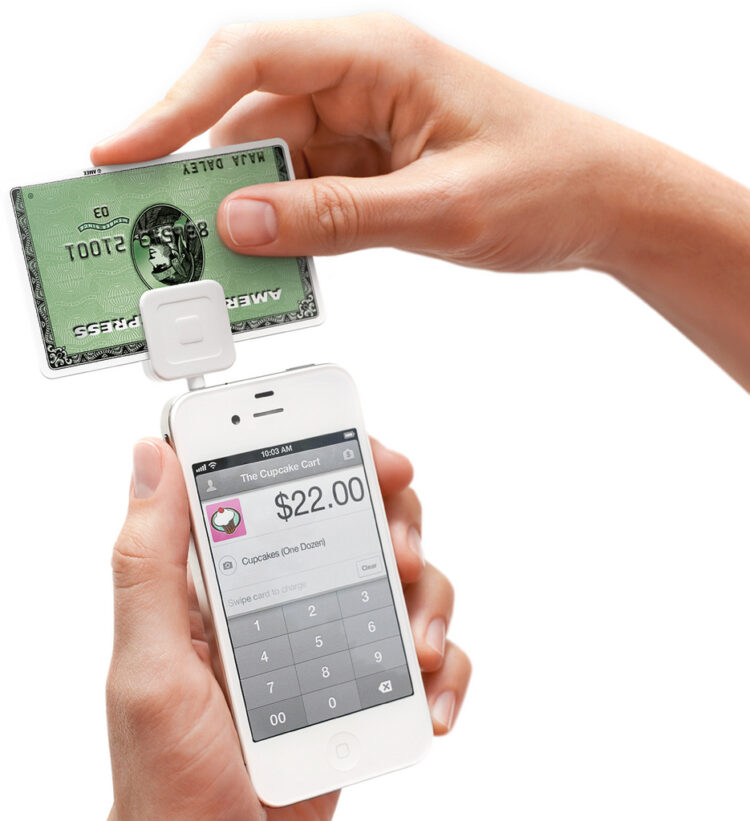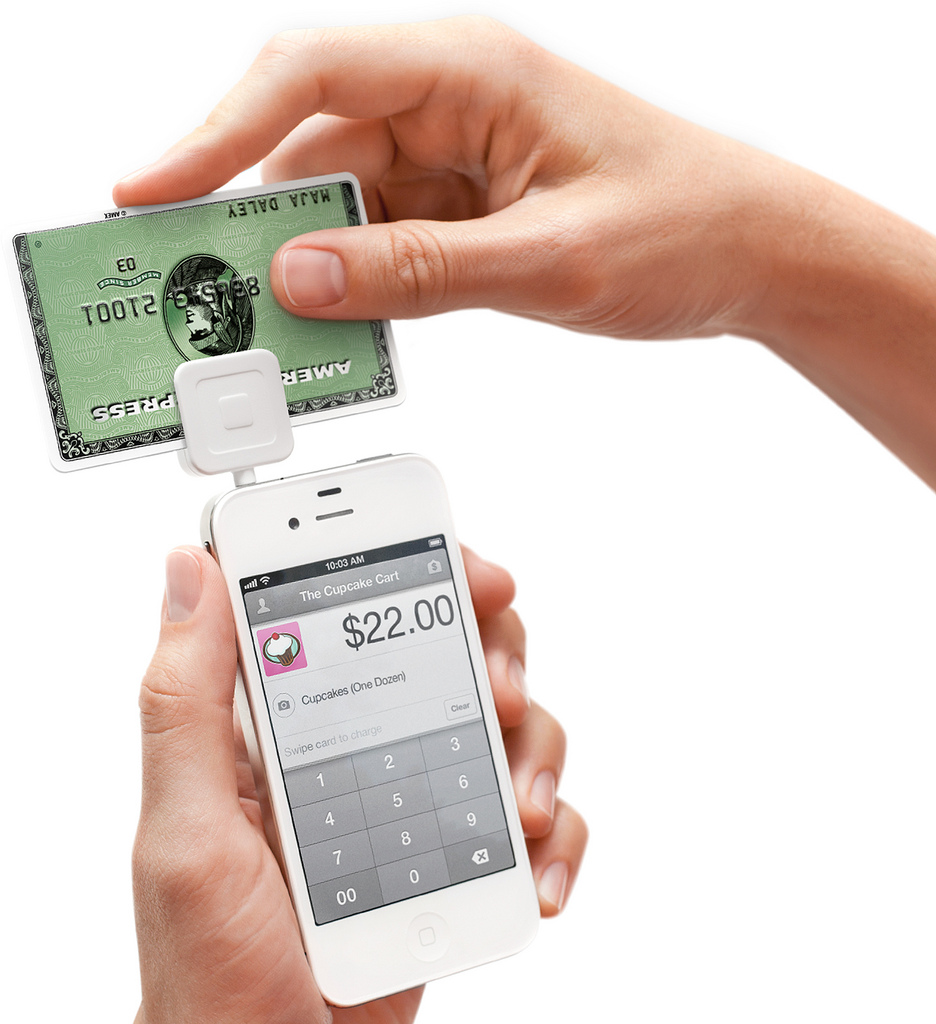Harlem is a place that I know very well. I’ve spent five years there as a young medical student at the Sophie Davis School of Biomedical Education at City College. It’s like a second home to me, and I go there all the time, to meet with academics, friends, for great events, and to eat at my favorite neighborhood spots.
I love going to neighborhood spots like Flor de Broadway for jamon con queso on pressed cubano bread and great conversation, Santiago’s Deli for the Santiago Spicy -the sandwich that got me through 3 a.m. anatomy dissections- and some old school Goya malta, to La Tropesienne on the East Side for the baguettes and croissants. Newer places like Vinateria, Marcus Samuelsson’s (formerly of Aquavit and author of Yes, Chef!) Harlem restaurant Red Rooster, Minton’s Supper Club and the Lido are putting out great food with great ambience (and jazz!-so bring your dancing shoes). And then there are the classics, like chicken and waffles at Amy Ruth’s or collard greens, fried chicken and mac and cheese at Sylvia’s.
Harlem has a rich history of food, culture, art, music and dance. It’s the place that captured the hearts and minds of people like Zora Neale Hurston, Countee Cullen and Langston Hughes. Today it’s capturing the hearts of a new generation, but what always seems to resonate with me as I walk around the neighborhood is the electrical energy of a vivacious, yet earthly and indomitable spirit, and above all, a real sense of community, acceptance and belonging, regardless of where you come from.
Harlem has always been a place that hustles and bustles with the comings and goings of makers and creators, and now it has broad-based Wi-Fi! Harlem is now home to the Harlem Business Alliance, which supports small businesses with classes and information, Harlem Seeds and Aquaponics, which teaches young people about sustainable farming, the Harlem Garage, a new co-working space for entrepreneurs, the Harlem Biospace, a life science incubator and wet lab space on the West Side that seeks to broaden New York’s scope in the field and to instill a love of science in the next generation of thinkers and creators, Kiiln NYC will be the first all female founder incubator in NYC and act as a step-out life science incubator on the East side, the Zahn Center at CUNY, which focuses on hardware startups, and of course, Columbia University, home to a Health Tech Assembly (which I am a member of), a community of mentors and students working to change healthcare via innovation and entrepreneurship.
I had the privilege of attending Let’s Talk Harlem, hosted by Square (at the legendary Apollo Theatre, a place where Stevie Wonder, Michael Jackson and Lauryn Hill have all performed), for a town “square” on local businesses. I’ve been a fan of Square for a long time, because I believe that it democratizes commerce the way Twitter democratizes communication, and it does so in a simple, elegant and intuitively designed way. I think that there is something incredibly powerful about an individual being able to achieve his/her dreams and tools and knowledge play a key role in making that happen.
The panel discussion, which was moderated by Square CEO (and Twitter Chairman) Jack Dorsey, featured Marva Allen of online bookseller Hue-Man Bookstore, Erika Dilday, executive director of the Maysles Documentary Center, Seven Brown, founder of Harlem Skin Clinic, and Emmanuel Pena, co-owner of Astor Row Cafe. Congressman Rangel (who had a few cameos) was also in attendance.
Mr. Dorsey asked the panel about business plans, hiring, how to grow a team and customer acquisition. In regards to business plans, the panel talked about having a vision and a roadmap, but noted that the plan can change all the time (or even 17,000 times). In hiring and growing a team, Marva Allen said, “Lead from a position of passion…and meet the staff where they are.” When it comes to customers, the panelists talked about customer service, authenticity and creating unique experiences. “They buy you”- Seven Brown. “We are the product” -Emmanuel Pena.
Mr. Dorsey also asked the panel about challenges, regulation and ambitions. The inefficiencies of government interactions came up as well as the need for accountability. Taxes as well as rising infrastructure costs & rent also came up. Ms. Brown talked about the importance of analytics for your business and deciphering your wants vs. those of your customers.
In regards to ambitions and what needs to happen for small businesses in Harlem, Ms. Dilday talked about organizing a Harlem film festival & Mr. Pena talked about creating checklists for each type of small business, in terms of forms, agencies to contact, and protocols that could help a small business owner better navigate the complex government system. I think that this is a great idea, and sorely needed; it would streamline complex processes and help small businesses save time, money and energy -all of which they could put back into their businesses.
Mr. Dorsey mentioned that one of the things that Silicon Valley has is a culture of support & mentorship. Ms. Allen said that in Harlem there is a lot of collaboration, but what’s needed is more formal training. I agree with this, formal training in a milieu of community and passion would definitely take things to the next level.
During the Q+A portion of the talk, the topic of gentrification came up. Harlem has definitely attracted a lot of big box stores in recent years, but how do we keep it from becoming just another run of the mill place with stores, how do we preserve that sense of culture and community that exists? How do we nurture entrepreneurs, small (and large) businesses? I don’t have all the answers, but I think that talking about what’s happening is a start. Getting people together to share ideas and experiences is a start.
Square has had town squares in other cities, including Detroit, St. Louis and New Orleans, places where people are staying to really dig in, cultivate their gardens and revitalize communities. There’s an true grit to that, and a love of place, people and community that I respect and admire.
Technology is definitely helping to foster the growth of cities. I always think about how we can we use technology to help us do things we already do, but in a seamless way, or a way that enhances our experiences. However, tech, although fast becoming ubiquitous, is only a tool, it’s the people who are the heart and soul of companies, and the heart and soul of our communities.
I think that there is something to the local experience of knowing your neighbor. Knowing where your food comes from and who makes it. Going back to our roots and re-discovering old recipes and small batch techniques. Having respect for a craft (and for the crafters) -be it a cup of coffee, a wooden chair or a woven rug, you can tell when something is made with love and passion.
During the talk, Mr. Pena talked about being an entrepreneur, and “if you can’t find the answer to something, you make it.” Square’s birth comes out of that same vein, and so does that of a lot of small businesses. It’s about having an enterprising spirit, a dream and working towards bringing what you want to see in the world to fruition, despite obstacles that may stand in your way.
Christopher Reeve once said, “At first, dreams seem impossible, then improbable, and eventually inevitable”. Congressman Rangel touched on immigration & how it’s people with hopes and dreams who leave a country, and that “small business is what people coming to this country think they can succeed in.” This is evident if you walk down almost any street in NY, people not only bring their dreams with them, they bring who they are, and who they want to become. Additionally, their children get a front row seat to entrepreneurship and what it means to make an honest living and to work towards your goals.
At the event, attendees were given Square kits (which were in the shape of what else? SQUARES!). We were also treated to small Squares that held the thinner version 2.0 dongles. I really liked the little squares because they fit easily into your purse or the pocket of your jacket/shirt or jeans. Pull it out, plug it in and boom, get started in 5 minutes. The packaging was very well designed; it tells you exactly how to use it in easy to follow instructions and tells you the cost up front. I also noticed how well they economized the space, every word and picture seems to have been placed with care. The larger Square kits had little pamphlets about Square Register and also financial analytics (very helpful in terms of keeping track of bestsellers). Opening the kit was reminiscent of opening a new tech toy or opening up packaging for a new phone rather than opening up something just for work.
I think that the simplicity of Square, its affordability, its design in regards to form and function (i.e. quick cash deposits so a business’ working capital isn’t tied up) and the fact that it is device agnostic are all boons. Anyone can start a business with a tool that may actually be more platform than just a singular tool. I’ve seen artists use it, bakeries, kids selling lemonade, and from the buy side, I’ve used it before to buy face cream, soap, artisan food and even used it to buy John Mayer’s “Born and Raised” CD at his CD signing at the Reed Space on the LES.
Square has also launched Square Market, where vendors can offer their goods to a wider market, and most recently, Square Cash, a service where you can send & receive money via e-mail.
Now in talking about Square, I would be remiss if I didn’t mention @grannyny, who recently appeared with her grandson on the Today Show. As an avid tweeter, giver of hugs (both in-person & virtual), cheerleader & tech startup advisor, she’s proof that it’s hip to be Square at any age and that it’s the people in our lives & the people who help run our businesses that make them what they are.
Harlem will always have a special place in my heart. In terms of what it will become in the future, collaboration, communication and the preservation of a sense of community will be key, and as Mr. Dorsey says, let’s talk, and let’s keep talking.
Image Credit: CC by Joe Ross





